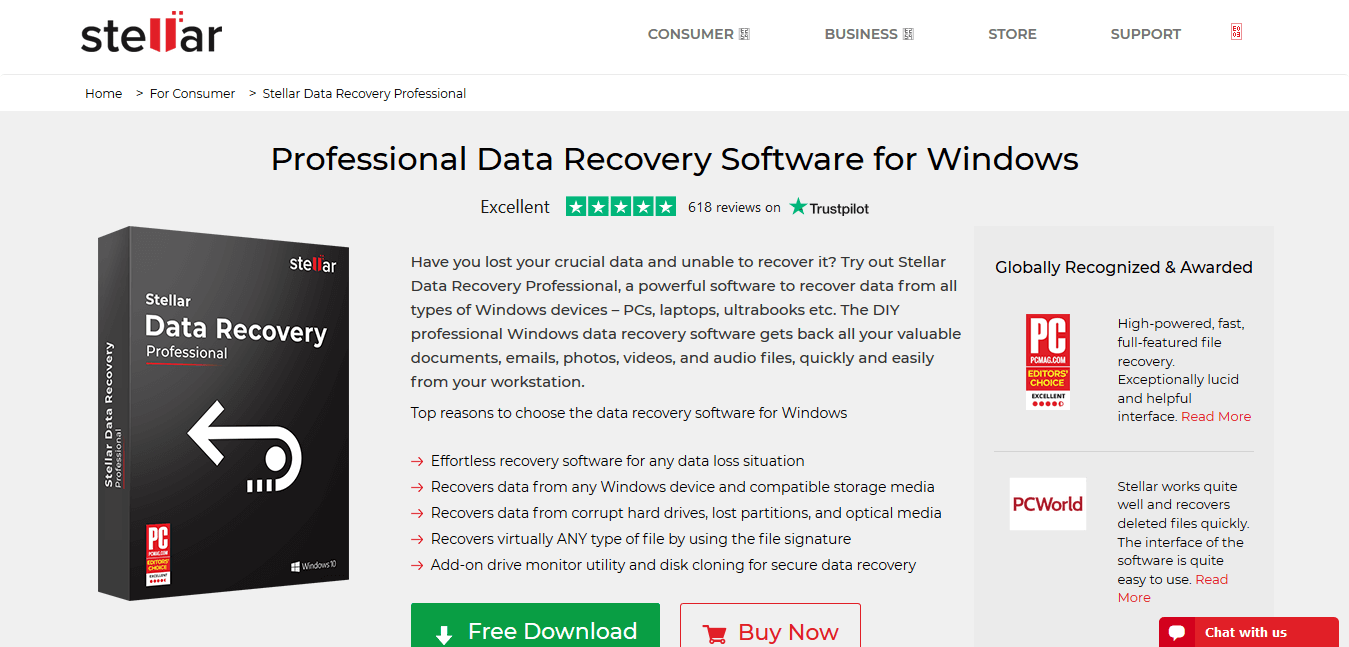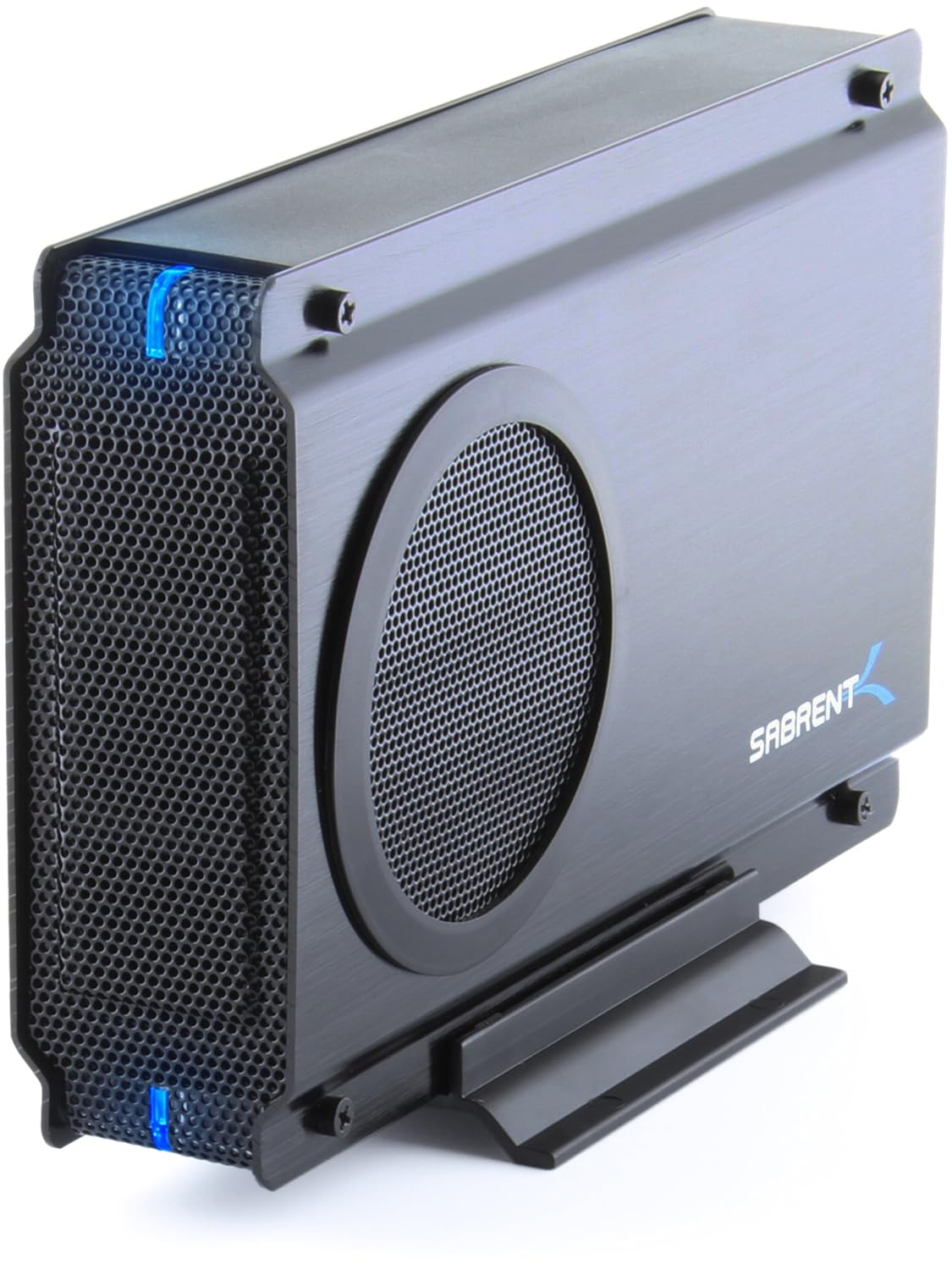

It’s also the smallest coming in with a size-factor equivalent to a pair of ear pods.ĭo you make music using a laptop? Then the Envoy Pro Elektron will be the best option for you. One thing I can guarantee is that the OWC Envoy Pro Elektron is the only BUS-POWERED drive on this list.
#Best external hard drive for pro tools recording how to
If you’re going to go with RAID, just make sure you actually need it AND you know how to use it. The only downside is that the Glyph Studio RAID External Hard Drive is the MOST expensive external HDD on this list. It’s trusted by music professionals just as much as TV/Film industry professionals. Glyph Studio produces industry-standard tools, so you know your data is in the right hands by using this drive which includes a 3-year warranty, 2-year data recovery and 1-year advanced replacement. It’ll also give you peace of mind in case one of your drives fails and/or gets corrupted. Once you set that up, data will automatically be backed up which will save you time! If you don’t know what any of that means, don’t worry! As long as you can use RAID 1, you’ll be capable of “mirroring” your internal drive to have an exact duplicate on your external HDD. It’s also capable of working with RAID 0, SPAN and JBOD. It CANNOT be smaller or you won’t be able to use RAID 1. You’ll get the best performance out of this Glyph Studio RAID External Hard Drive if you purchase one that matches your internal drive’s size. Otherwise, you’re better off using the external HDD + SSD method that I work with. I only recommend it if you’re going to be using an external HDD for all your music production related tasks (storing/backing up projects, hosting sample libraries, etc…). I don’t deny that using RAID has its advantages, but the cost isn’t worth it for me. RAID 1 would duplicate EVERYTHING (applications, application data, etc…). That being said, the external HDD I use is basically used as a “mirror drive”, but not completely because I decide which files/folders get backed up. I don’t actually run any projects from it or even use it to host my sample libraries.įor those two tasks, I use an external SSD (read more about that HERE). The only reason I still use an external HDD is to backup my data. I personally don’t work with RAID and I’ll explain why. Is it absolutely necessary for music production though? It’s even faster if your RAID hard drive uses Thunderbolt technology! It also increases performance in regards to READ speed because both drives (internal and external) can be read from at the same time.

This is great for security because in the event that one of your disks gets corrupted and/or fails, your data will be safely stored on the other drive. RAID 1 is also referred to as “disk mirroring”.Įssentially, you’ll have an exact copy of your internal hard drive using an external RAID drive. There are 6 different types of RAID configurations (0-5), but I’m going to recommend using RAID 1 for the purposes of music production. It can also streamline the process of backing up your data if using RAID 1. I’m not going to get too deep into the technical details for the sake of this article, but just keep in mind that using RAID storage increases performance and potentially even security. If you’re not familiar with RAID, it stands for “Redundant Array of Independent Disks”. Should you use RAID hard drives for music production?


 0 kommentar(er)
0 kommentar(er)
